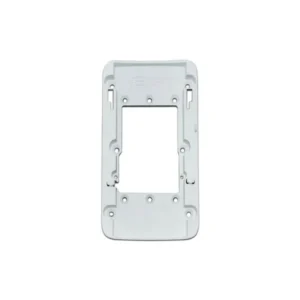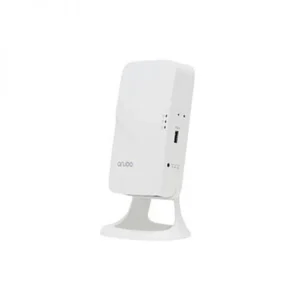500H Series
Aruba 500H Series Hospitality Access Points
High performance, cost-effective Wi-Fi 6 (802.11ax) APs for hospitality, branch offices, and teleworker deployments.

Specifications
| Hardware Variants |
|---|
|
| Wi-Fi Radio Specifications |
|---|
|
| Wi-Fi Antennas |
|---|
|
| Other Interfaces |
|---|
|
| Power Sources and Power Consumption |
|---|
|
| Mechanical |
|---|
|
| Environmental |
|---|
|
| Reliability |
|---|
|
| Regulatory Compliance |
|---|
|
| Certifications |
|---|
|
| Warranty |
|---|
|
| Minimum Operating System Software Versions |
|---|
|
Showing all 2 results


